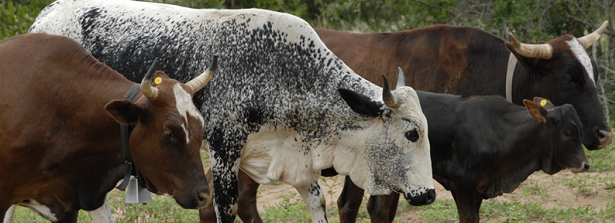
Be-troplive is organizing a discussion and debate series on “Livestock: Feed and Food”. Conference 3 in this series on the future of livestock focuses on the theme “Eat or feed, that’s the question! About (un) sustainable livestock policies and practices”.
Previously, two sessions were organized, one in Gembloux and one in Gent, each focusing on a different sub-theme related to the central discussion topic. These sub-themes included reflections on livestock’s purpose related to nutrition and food security (‘Do we need livestock?‘) and also the way livestock are fed on a global scale (‘Are livestock eating the world?‘).
The aim of this last event is to bring all of these reflections together and work on what the future for livestock production can be like and should be like. Therefore, recommendations regarding both production and consumption of animal products will be formulated at the end of the session and can lead to future advocacy actions.
Context
Across the world, livestock plays a huge role in assuring food and nutritional security. It is all the more vital to the less‐endowed households in developing and emerging countries. Farm animals make high nutritious foodstuff such as milk, meat, eggs and blood available and accessible for families. They provide nutrients and micro‐nutrients such as proteins, lipids, vitamins and minerals and can therefore play an important role in preventing malnutrition and situations of chronic food insecurity, especially when it comes to women and small children. Also, profits from crop production can rise as a result of using manure to fertilize the crops. Being an economic asset, livestock plays the role of savings, for capitalisation and financial risk management in areas where financial services are not available. Thereby it contributes to the overall financial stability and food security of the household…
However, industrialized countries have developed consumption trends that are excessive in many products, among which meat, milk and eggs. This results in health and environmental concerns: obesity and cardio-vascular diseases, feed production and trade, deforestation, greenhouse gas emission, competition for land, speculation, animal welfare impacts of high-energy and high-protein rations, etc. The rising living standards in the emerging world and urbanization cause a spreading of these nutritional habits, questioning the sustainability of their globalisation. Voices are rising, calling for moderation in this consumption, or even vegetarian or vegan ways of life.
Hence the questions of this debate: Do we need livestock? Can we afford their feeding? Are there alternatives? Is there a sustainable pathway of development, with or without livestock? What policies to enable this pathway?
Therefore all people professionally involved in livestock production, veterinary and engineering students, policy makers, experts, and the interested public to our discussion and debate sessions are invited.
Information
Be-troplive is an informal and multidisciplinary platform, gathering the Belgian expertise on tropical animal health and production. It constitutes a network spurring interaction between governmental development agencies, universities, NGO’s, independent experts, in the agricultural, veterinary and medical sectors.
For more information on the debate conference, see the online invitation.
Participation is free of charge, but registration prior to the event is compulsory
To register, please do so online on the website of be-troplive or send an email to , before Wednesday February 10th, 2016.
- This event has passed.

